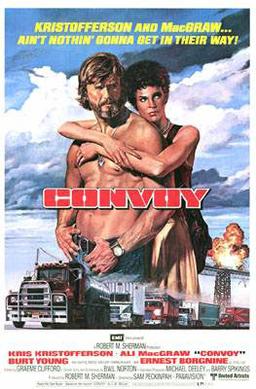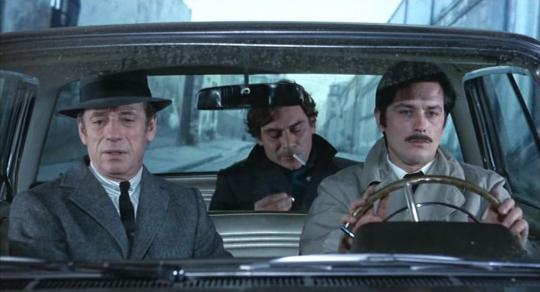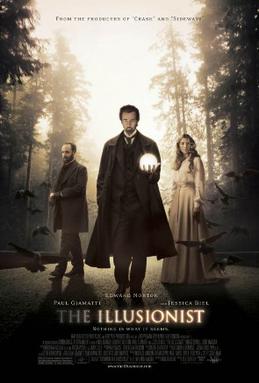The 2008 version starts after Bruce Banner has accidentally turned himself into the Hulk via some gnarly gamma ray exposure. The opening credits actually serve as a prologue of sorts, explaining how he became the Hulk and the fallout that was to come because of his actions. While the reboot has some potential, it follows basically the same formula as the 2003 version so it made me ask, what's the point? Hulk has also been in the news recently because star Edward Norton has been bumped for Mark Ruffalo -- no explanation why -- for the Avengers movie. As a Norton fan, it's sad news because he is a strong point in 2008's Hulk.
Hiding in Brazil as he runs from the U.S. military and General Ross (William Hurt), scientist Bruce Banner (Norton) is doing everything he can to experiment on himself and see if he can ever go back to being just Bruce instead of turning into the Hulk if he gets too angry/excited. Ross is hot on his trail and sends in a Special Ops commando, Emil Blonsky (Tim Roth), and his team to extract him. Bruce manages to escape and sneaks back into the states where he tracks down lost love Betty Ross (Liv Tyler) and a doctor (Tim Blake Nelson) who may be able to help him. But all the while, General Ross and Blonsky -- after some medical experiments -- are close behind, doing everything they can to get their hands on Banner.
First off, I did like this movie if not exactly loved it. The visuals are great, full of bright, vibrant colors that look lifted right out of a comic book. The action is solid if a little repetitive, and that's where the problem comes in. Christian Bale playing Batman is one thing, he's a regular dude with a badass suit. But when Banner turns into Hulk and Blonsky transforms into Abomination late in the movie, it's just two freakishly huge CGI creations beating the crap out of each other. It loses some effect as most CGI creations tend to do to me. Oh cool, look at those two computer images fight! I don't know the solution, and at a certain point you just have to go along with it, but it is a big problem I have with superhero/action movies.
Starting a franchise over again, director Louis Leterrier had to work with a cast that's as good if not better than 2003 Hulk. I thought the cast of Eric Bana, Jennifer Connelly, Sam Elliott, Nick Nolte and Josh Lucas was one of the best selling points for Hulk. For the 2008 reboot, I'd say it's a push. An actor's actor, it's fun to see Norton in a blockbuster where he can just have some fun. I've always had a crush on Liv Tyler, and she's okay here but Connelly is the better actress. Sam Elliott or William Hurt? Do I really have to go into that one? Nolte and Roth are about the same, and Lucas is better than Blake Nelson in somewhat similar roles. Moral of the story, both casts are good, neither one pulling too far ahead of the other one.
One of the biggest complaints of 2003 Hulk was the lack of action, a superhero movie that was too cerebral which sounds ridiculous to me. What's funny is that 2008 Hulk doesn't up the ante too much. There's a chase through crowded Brazilian streets early, and we see Hulk in shadows and darkness, never getting a great look at him. The best action comes in a scene where Ross and Blonsky have cornered Banner, and he's forced to protect Betty on a college campus. There's some epic qualities to this segment that make it worth rewatching. I've mentioned the finale -- CGI monster vs. CGI monster -- which is all right but nothing spectacular. The two last scenes are cool, including a very brief snippet of what's to come in the Avengers movie.
Overall for a reboot, I'm looking for something new, something different that improves on the previous franchise ventures. The Incredible Hulk doesn't do that, instead taking steps side-to-side instead of forward. It's a good enough movie, good to watch with a bucket of popcorn that lets you sit back and enjoy, but that's about it. Other superhero movies like Iron Man have raised the bar, and this one isn't quite there. Cool throwback tribute, look for original Hulk Lou Ferrigno in a cameo as a security guard.
The Incredible Hulk <---trailer (2008): ** 1/2 /****











